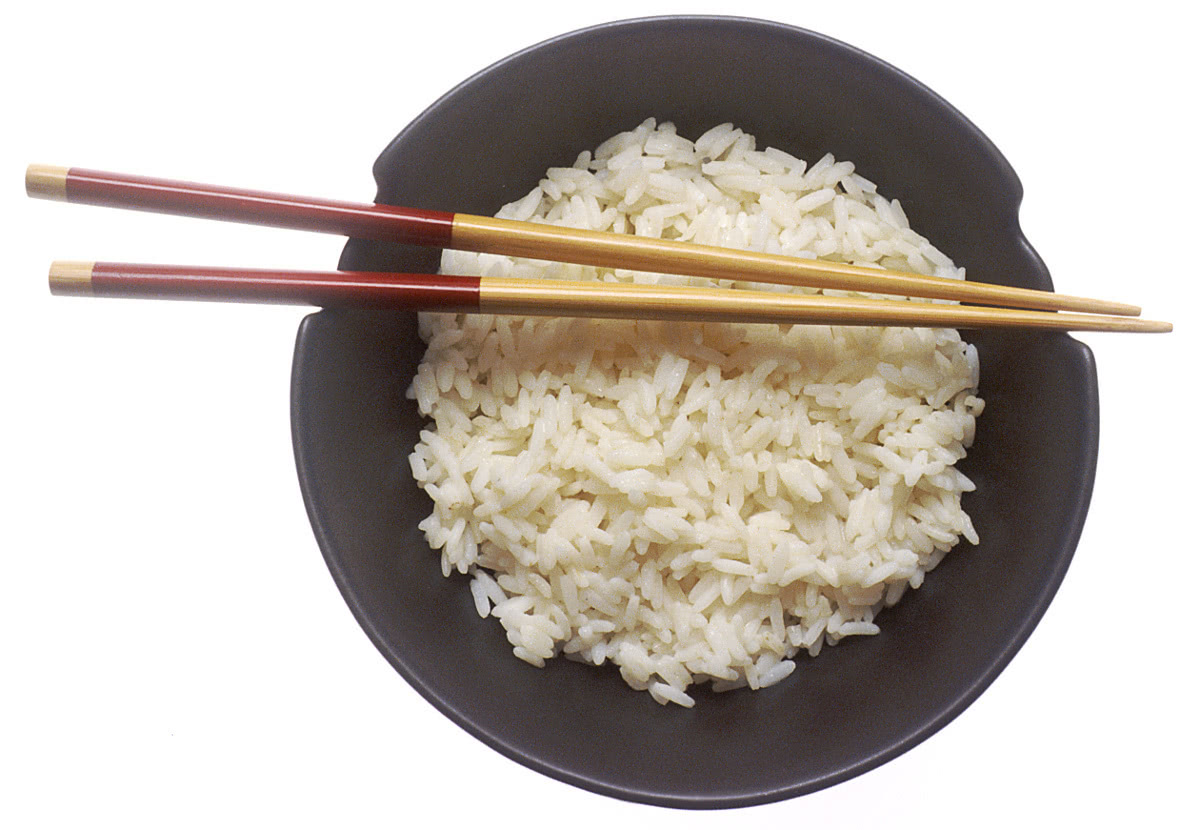More worrisome noises are coming from China’s large but struggling solar industry, with the latest sounds of trouble emerging from Trina (NYSE: TSL) and Renesola (NYSE: SOL), two of the top players. The most worrisome rumblings are coming from Trina, which has just announced the departure of its audit committee chairman, an independent director, and some changes at its corporate governance committee. (company announcement) These kinds of moves will certainly look suspicious to investors, ![]() especially in the current environment that has seen a ballooning confidence crisis in accounting practices by overseas-listed Chinese firms. Trina shares fell 8.5 percent in New York on Tuesday, and I wouldn’t be surprised to see more drops in the days ahead as the market holds its breath and waits for signs of a new accounting scandal. As the saying goes, where there’s smoke there’s often fire, and the solar industry is probably due for a scandal as it struggles with its worst-ever downturn amid plunging prices and oversupply. In the second bit of worrisome news, Renesola has sharply revised downward its second-quarter guidance, dropping its module shipment and revenue forecast both by about 15 percent. (company announcement) The company cites declining wafer prices and a “challenging solar module market” behind the steep revisions, which should come as a surprise to no one considering the weak state of the industry. Renesola’s shares were unchanged in Tuesday trade, probably because people were already expecting the worst. But concerns about potential accounting scandals in this battered sector certainly won’t help China’s solar stocks over the short term, and look for the entire industry to take a hit if such a scandal really does emerge — something that looks likely.
especially in the current environment that has seen a ballooning confidence crisis in accounting practices by overseas-listed Chinese firms. Trina shares fell 8.5 percent in New York on Tuesday, and I wouldn’t be surprised to see more drops in the days ahead as the market holds its breath and waits for signs of a new accounting scandal. As the saying goes, where there’s smoke there’s often fire, and the solar industry is probably due for a scandal as it struggles with its worst-ever downturn amid plunging prices and oversupply. In the second bit of worrisome news, Renesola has sharply revised downward its second-quarter guidance, dropping its module shipment and revenue forecast both by about 15 percent. (company announcement) The company cites declining wafer prices and a “challenging solar module market” behind the steep revisions, which should come as a surprise to no one considering the weak state of the industry. Renesola’s shares were unchanged in Tuesday trade, probably because people were already expecting the worst. But concerns about potential accounting scandals in this battered sector certainly won’t help China’s solar stocks over the short term, and look for the entire industry to take a hit if such a scandal really does emerge — something that looks likely.
Bottom line: China’s already-struggling solar stocks could soon take another hit if and when any accounting scandal emerges following a worrisome announcement by Trina Solar.
中国苦苦挣扎的太阳能行业再传忧心噪音,而最近的麻烦来自业内两个数一数二的大企业:昱辉阳光能源<SOLA.L>与天合光能<TSL.N>。最为令人忧心的当属光合天能。该公司刚刚宣布独立董事兼审计委员会主席离职,公司治理委员会也有人事调整。此类动作必令投资者起疑,尤其当前中国海外上市企业正面临会计问题上的巨大信任危机。天合光能周二在纽约股市大挫8.5%。市场屏息等候企业再爆会计丑闻之际,未来几天如果天合光能股价继续下探,我不感意外。俗话说得好,无风不起浪,太阳能行业在苦苦挣扎于当前颓势、价格下挫与供应过剩之时,或许会爆出新的丑闻。第二条令人忧心的新闻则是昱辉阳光大幅下修二季度财测,模块与营收预测下修幅度双双约达15%。公司称调降财测主要源自硅片价格下降和太阳能工业面临的“挑战”。昱辉股价周二保持稳定,原因可能是人们对坏消息已经早有准备。但是短期而言,市场对会计丑闻的担忧显然对中国太阳能题材股而言不是好消息,如果真爆出此类丑闻,那估计整个行业都会受到冲击。
一句话:天合光能宣布独立董事兼审计委员会主席离职後,如果业内爆出会计丑闻,中国本已苦苦挣扎的太阳能题材股可能再受重创。
Related postings 相关文章:
◙ Suntech, JA in Latest Solar Rumblings 尚德与晶澳动作频仍
◙ Yingli, Trina Sparkle With Big New Orders 英利和天合光能突出重围
◙ Trina Doubles Warranty in Search of Sales 天合光能:延长产品质保年限以提振销售

 Chinese companies without strong central government connections are generally better run and more nimble than their those with such ties, but Hainan Airlines (Shanghai: 600221) — one of the nation’s best-run carriers — is finding out that lack of such connections has its downside. The company has just announced plans to raise $1.2 billion through a new share issue, pricing those new shares a full 13 percent below its last price before trading was suspended. (
Chinese companies without strong central government connections are generally better run and more nimble than their those with such ties, but Hainan Airlines (Shanghai: 600221) — one of the nation’s best-run carriers — is finding out that lack of such connections has its downside. The company has just announced plans to raise $1.2 billion through a new share issue, pricing those new shares a full 13 percent below its last price before trading was suspended. ( since its founding, including 192 that have yet to be resolved (
since its founding, including 192 that have yet to be resolved ( I don’t know if this is coincidence, but two of the world’s top hotel operators — Starwood (NYSE: HOT) and Hilton — have just announced strikingly similar programs targeting Chinese travelers, highlighting the growing impact Chinese are having on the overseas travel markets. Both programs offer an array of amenities aimed at the Chinese traveler, ranging from Mandarin-speaking staff at select hotels in major gateway cities, to tea kettles in rooms, written materials in Chinese and local favorites like soy milk and congee on restaurant menus. (
I don’t know if this is coincidence, but two of the world’s top hotel operators — Starwood (NYSE: HOT) and Hilton — have just announced strikingly similar programs targeting Chinese travelers, highlighting the growing impact Chinese are having on the overseas travel markets. Both programs offer an array of amenities aimed at the Chinese traveler, ranging from Mandarin-speaking staff at select hotels in major gateway cities, to tea kettles in rooms, written materials in Chinese and local favorites like soy milk and congee on restaurant menus. ( million for the company, Shanghai Povos, which is on track to notch about $150 million in sales this year. At first glance, it does appear that Phiilips might be paying a bit too much for this relatively small company, at least based on the price versus its sales. But a closer look reveals Philips is clearly interested in Povos’ potential more than its current business. The company’s revenue grew nearly 40 percent in the first five months of the year, and I have no doubt it should be able to maintain or even accelerate that rate in the years ahead for several reasons. First of all, I like the fact that this company is based in Shanghai, which is easily China’s consumer capital and a leader in new product development. Rice cookers are also a nice lower-end appliance that most consumers in this country can already afford, thus giving them huge potential not only in big cities like Shanghai and Beijing but also in pretty much any city all the way down to the smallest villages. Considering that Povos’ sales are most likely now confined to the immediate Shanghai area, Philips could really help the company expand through its own vast national distribution networks in China built up over the years to sell its vast array of other appliances, electronics and other products. With all those factors in its favor, this deal indeed looks like a good bet for Philips, not only in China but perhaps someday as an exporter for rice cookers throughout Asia.
million for the company, Shanghai Povos, which is on track to notch about $150 million in sales this year. At first glance, it does appear that Phiilips might be paying a bit too much for this relatively small company, at least based on the price versus its sales. But a closer look reveals Philips is clearly interested in Povos’ potential more than its current business. The company’s revenue grew nearly 40 percent in the first five months of the year, and I have no doubt it should be able to maintain or even accelerate that rate in the years ahead for several reasons. First of all, I like the fact that this company is based in Shanghai, which is easily China’s consumer capital and a leader in new product development. Rice cookers are also a nice lower-end appliance that most consumers in this country can already afford, thus giving them huge potential not only in big cities like Shanghai and Beijing but also in pretty much any city all the way down to the smallest villages. Considering that Povos’ sales are most likely now confined to the immediate Shanghai area, Philips could really help the company expand through its own vast national distribution networks in China built up over the years to sell its vast array of other appliances, electronics and other products. With all those factors in its favor, this deal indeed looks like a good bet for Philips, not only in China but perhaps someday as an exporter for rice cookers throughout Asia. top of its range, raising $1.1 billion. (
top of its range, raising $1.1 billion. ( Baidu’s (Nasdaq: BIDU) new restructuring announcement contains details on the four main business units it will form in its latest transformation, but the subtext in all this is the problems the company has faced retaining top talent and moving into new product areas. Clearly Baidu CEO Robin Li is trying to reassure investors by pointing out that three out of four of his new division heads have been at the company for six years or more. (
Baidu’s (Nasdaq: BIDU) new restructuring announcement contains details on the four main business units it will form in its latest transformation, but the subtext in all this is the problems the company has faced retaining top talent and moving into new product areas. Clearly Baidu CEO Robin Li is trying to reassure investors by pointing out that three out of four of his new division heads have been at the company for six years or more. (